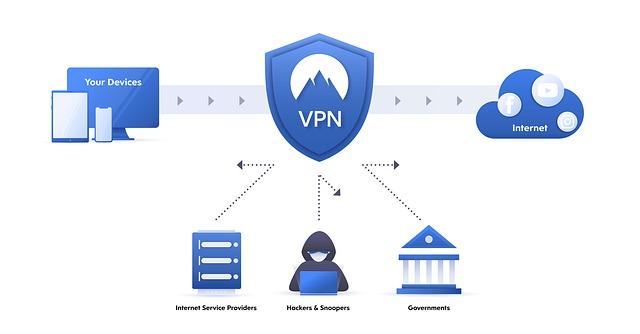
127.0.0.1 IP Address Explained - What It Is & Why It's Important
Posted Sept. 20, 2019, 6:24 p.m. by Michael GIP Addresses provide a way to specify hosts in different ways. There are numerous types of IP addresses in computer networks. Today, we talk about a special-purpose IPv4 address, 127.0.0.1 which seems a little confusing. This IP address is assigned to the local system and is not accessible by other systems.
Let us understand this IP address in detail and see its importance.
What is 127.0.0.1?
Known as localhost or loopback Internet Protocol (IP) address, 127.0.0.1 is used to make an IP connection to the computer or machine used by the end-user, which is the same system. This address is used by all the computers as their own but it cannot be used to communicate with other devices like a real IP address.
A computer might have a private IP address assigned to it to let it communicate with the router and other devices in the network. But, it also has this special address 127.0.0.1 attached to it. This address essentially means ‘this machine’ or the computer you are currently working on.
This localhost address is used by the computer you are on and only for special purposes. This is different from a regular IP address which helps transfer files between networked devices. For example, a server running on a system can point to 127.0.0.1 to be able to run the pages locally and test before being deployed.
How 127.0.0.1 Works?
Establishing a connection to the 127.0.0.1 loopback address is done in the same manner as with any remote computer or network device. The TCP/IP protocol, when it receives the message generated by the application, recognizes the IP address 127.0.0.1 as a special one. As the protocol checks the message before forwarding it to the physical network, it automatically re-routes the messages with the destination specified as 127.0.0.1 back to the receiving end of the stack.
To enhance the network security, TCP/IP also checks the incoming messages on routers and gateways to discard any containing the loopback IP address. This ensures that no malicious network traffic is disguised as coming from a loopback address by network attackers.
Application developers and system administrators generally use this 127.0.0.1 address to test applications. Messages intended for 127.0.0.1 address do not go outside the local area network but are delivered straight to the TCP/IP and get queues as if they came from an external source.
Loopback messages consist of a destination port number apart from the address. Applications use this port number to divide the message into categories.
Common Uses of 127.0.0.1
One of the popular methods to verify whether a computer’s operating system, networking equipment, and TCP/IP implementation work properly is to send a ping request to 127.0.0.1. According to the test results, administrators can troubleshoot connectivity problems. Application developers use this loopback address to test network functionality when they develop an application component before it goes ‘live’ on the internet or network.
Loopback address also has other lighter uses like tricking the computer security and computer students to test, crack or probe network speed with the use of 127.0.0.1 address. In the hacker stories available on the internet, professional hackers are shown to succeed in hacking or deleting information from one’s own system using the 127.0.0.1 address to amuse the audience.
IPv6 Loopback Addresses
In the world of computer networking, the name localhost carries a special meaning when used with 127.0.0.1. Operating systems are known to maintain an entry in the host file by assigning a name to the loopback address. This allows applications to create loopback messages through names and not the hard-coded number.
Internet Protocol v6 also implements this concept of loopback address as IPv4. IPv6 represents the loopback address as::1 instead of 127.0.0.1 and also does not assign a lot of addresses for the purpose like IPv4. With this address, IPv6 allows a node to send a data packet to itself. This address is not allowed to be used as a source in IPv6 packets sent outside.
127.0.0.1 Vs. Other Special IP Addresses
Internet Protocol v4 has reserved several addresses from 127.0.0.0 to 127.255.255.255 to use for loopback testing. 127.0.0.1 is the most commonly used loopback address. None of the 127.0.0.0 addresses belong to any of the private IP addresses defined in IPv4. Addresses in the private ranges can be dedicated to local network devices and used for communication with other devices in the network but 127.0.0.1 cannot.
It is common to get confused between 127.0.0.1 and 0.0.0.0. While both have special purposes in the IPv4, 0.0.0.0 does not provide the loopback functionality.
